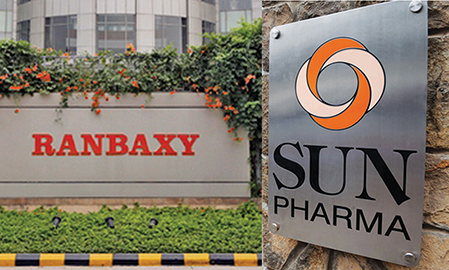The FDA has given generics maker Sun Pharmaceutical an earful, and publication of its seven-page May 7 Warning Letter—which characterizes the list of infractions as “not intended to be an all-inclusive list of violations and deviations” shows just some of the faults the US regulator has found at a manufacturing site in Gujarat, India.
Sun—and now-subsidiary Ranbaxy—have been a growing source of tension for reasons that include manufacturing problems that have triggered recalls, FDA manufacturing site bans, and claims by officials that India has been unfairly picked on by US regulatory authorities.
The May 7 letter provides insight as to some of the issues the FDA wants ironed out, which could come under the broad heading of don’t destroy documents or try to hide unfavorable information.
Among the issues: failure to ensure lab records included complete data, deleting data files and declaring samples that did not meet FDA requires as “unofficial tests,” as well as reporting only good testing data as “official” from a sample batch.
FDA inspectors also found about 10 garbage bags filled with partially destroyed manufacturing documentation. This is in addition to finding partially destroyed corrective action documentation as well as Sun’s failure to train staff about proper practices.
The FDA says Sun’s attempts to investigate issues such as file deletion have been inadequate; that the company has failed not only to explain the negative testing results it uncovered but also “to justify the basis of your decision to invalidate the original failing.”
This is in addition to finding “three partially filled unidentified bags…in your firm’s raw material warehouse,” and the fact that employees “were unable to determine conclusively the identity or status of the material.”
The regulator’s letter notes that this is not the first time Sun has seen these complaints. The FDA notes that the firm’s initial response, as well as those of January 28, 2014, and March 11, 2014, “lack sufficient corrective actions.”
The FDA said it may continue to ban drugs manufactured at the site if Sun fails to fix things according to the FDA’s requirements.







